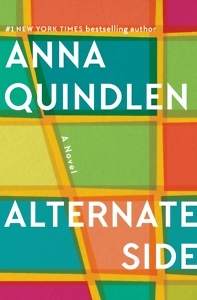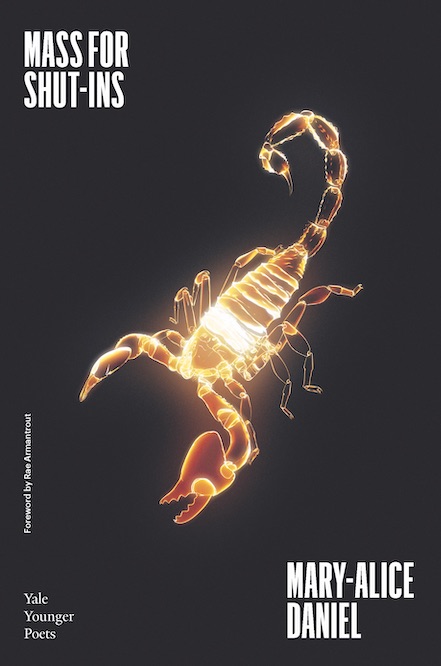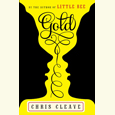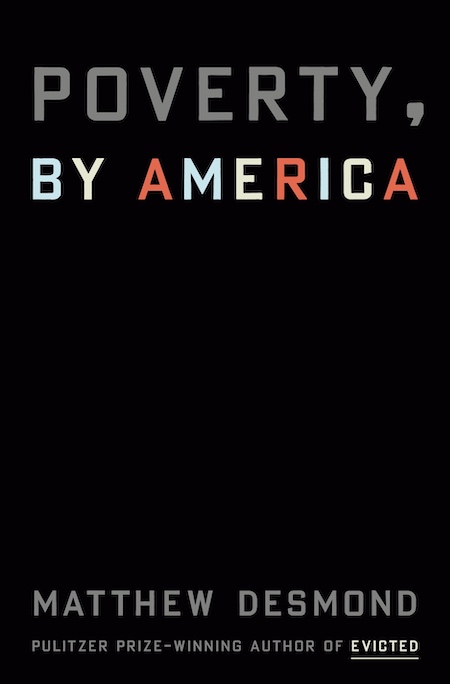Both Sides Now
A Manhattan professional weathers major life changes in Anna Quindlen’s new novel
Anna Quindlen’s latest novel is a bittersweet love letter to Manhattan, as well as a meditation on the passage of time and its effects on a life, a marriage, and a city. Nora Nolan is a dyed-in-the-wool New Yorker. The director of a jewelry museum, Nora is married to Charlie, an investment banker. Together more than twenty-five years, they are the parents of college-aged twins and the owners of a Victorian-era townhouse on a coveted dead-end block on the west side of Manhattan.

The block itself is a central character in the story—almost the central character. The families who live there were once tightly knit. Their children played together, and holidays were shared community events. Neighbors traded casseroles during times of grief and compared notes on everything from children to dogs to real-estate prices: “the holy trinity of conversation for New Yorkers of a certain sort,” Quindlen writes.
But now the children have grown up and moved away. Careers are winding down, and good health is less certain. Amid soaring housing prices that make selling almost impossible to resist, these neighbors continue tentative friendships born of long acquaintance, but they are increasingly strained by issues as mundane as parking privileges.
All the residents are white professionals, while all the domestic workers who provide their daily childcare and home maintenance are black or brown. The “alternate side” of the book’s title refers to parking rules of New York City that require drivers to move their cars to the opposite side of the street on certain days so street cleaners can pass through. But it’s also a metaphor for the power disparity between the homeowners and the workers on whom they depend—men and women intimately involved with their employers’ families but kept at arm’s length personally. This arrangement creates an uneasy alliance between the two groups, who need each other even as they resent each other. When a shocking act of violence is committed at the neighborhood parking lot, the delicate balance of the community is damaged beyond repair.
 Now in their fifties and with the twins away at school, Charlie and Nora are feeling their age and the emptiness of their nest. Nora describes a young couple they meet as having “that peeled-grape skin of youth that was hypnotic and hateful when its moment had passed you by.” Although the couple is often at odds, Nora and Charlie “rarely quarreled anymore,” Quindlen writes. “Their marriage had become like the AA prayer: ‘God, grant me the serenity to accept the things I cannot change.'”
Now in their fifties and with the twins away at school, Charlie and Nora are feeling their age and the emptiness of their nest. Nora describes a young couple they meet as having “that peeled-grape skin of youth that was hypnotic and hateful when its moment had passed you by.” Although the couple is often at odds, Nora and Charlie “rarely quarreled anymore,” Quindlen writes. “Their marriage had become like the AA prayer: ‘God, grant me the serenity to accept the things I cannot change.'”
Lately even Nora’s beloved city seems foreign to her. She misses its former wildness, its reputation as a place where anything can happen. It feels to her now almost like an objective correlative of her own life: “But even loving New York as she did, Nora sometimes felt it was like loving an old friend, someone who had over the years become different from her former self. Of course, Nora and Charlie had become different, too. It was as though, as the city had prospered and become less dirty, less funky, less hard and harsh, the Nolans and their friends had followed suit, all their rough edges and quirks sanded down into some New York standard of accomplishment. The price they had paid for prosperity was amnesia. They’d forgotten who they once had been.”
Nora Nolan may represent a socio-economic group to which few people can claim membership, but longtime Anna Quindlen fans will certainly find points of commonality in her dismay at the ways in which she and her environment have changed—almost imperceptibly slowly and yet profoundly— with the years. Her struggle to adapt to those changes while maintaining a sense of self is something many readers will recognize, no matter their side of the street.

A graduate of Auburn University, Tina Chambers has worked as a technical editor at an engineering firm and as an editorial assistant at Peachtree Publishers, where she worked on books by Erskine Caldwell, Will Campbell, and Ferrol Sams, to name a few. She lives in Chattanooga.


